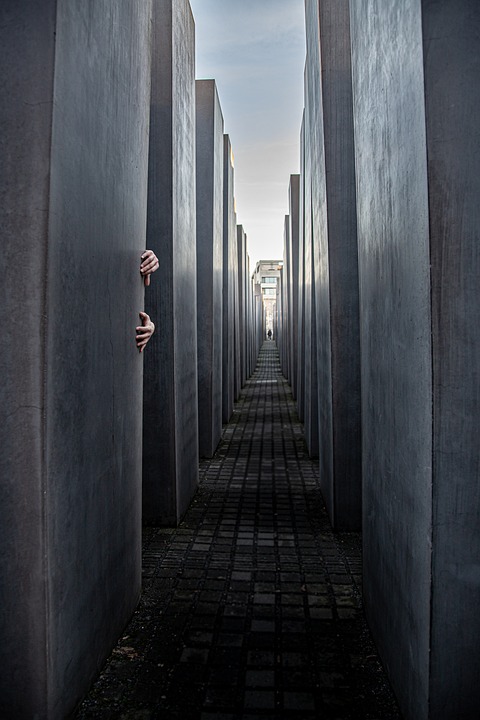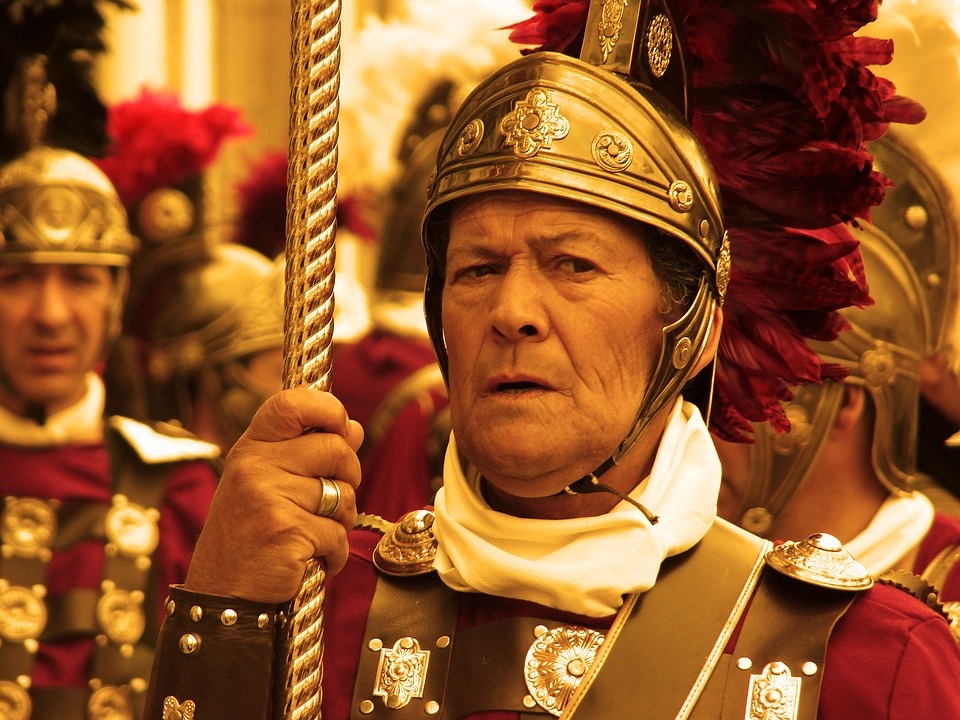The Nazis hid their crimes behind the famous legend that ‘Work makes free’. Indeed! But both agreed that extermination was the only suitable outcome.
 Nigel Pocock
Nigel Pocock
It has long fascinated historians and others how such an apparently sophisticated society as ancient Rome could also be so barbaric, an ironic term, since they despised the so-called barbarians!
In his recent highly original book (Roman Disasters, 2013), Prof. Jerry Toner makes the following insightful remark: “The past provided a yardstick against which subsequent generations of Romans could measure themselves. Remember that Rome was a society that enjoyed watching spectacles of great personal struggle and suffering in a militarized context. Gladiators and re-enactment of sea-battles in the arena gave vigorous displays of the kind of moral values and strength that a Roman audience was expected to have and would need to display if Rome was to maintain its pre-eminence”.
There is a great deal contained in these remarks that is directly applicable to other violent states, Nazi Germany, for example, and societies like those of the Caribbean under slavery.
 A rigid adherence to a real or imagined past greatness was certainly a feature of both Rome and Nuremberg, so was a love of great spectacles as a means of ideological control.
A rigid adherence to a real or imagined past greatness was certainly a feature of both Rome and Nuremberg, so was a love of great spectacles as a means of ideological control.
Both had cultures of ‘manliness’ and militarism, and both were obsessively hierarchical and authoritarian. Both would not tolerate those who refused to subscribe to the pax deorum, however this was understood.
Rome did actually tolerate Jews (reluctantly); the Nazis did not. However, Rome made absolutely clear that the noxii were not to be tolerated, but destroyed. For the Nazis, the Jews were the noxii, together with anyone else who did not accept the Nazi epiphany.
Who were these people? Noxii were people who had damaged the status quo. As the Latin word suggests, they were regarded as ‘noxious’—a poison in the heart of the state.
They therefore had no rights, but warranted a punishment that matched the crime. In the Roman case, this meant the worst possible death that the law could envisage.
These people were slaves, foreigners, criminals. Like all violent states, Rome, in its own bizarre fashion, held to a notion of ‘purity’—where the elite would rule, and all others obey them. While Rome vaunted and used the executions of the noxii (frequently in their hundreds) as an exhibition of public and political virtue in the arena and on stage as a means of spectacle and entertainment, Nuremberg and Wansee did not go quite so far.
The Nazis hid their crimes behind the famous legend that ‘Work makes free’. Indeed! But both agreed that extermination was the only suitable outcome.
 The Romans could even hire noxii, on the agreement that the individual(s) were killed within the year.
The Romans could even hire noxii, on the agreement that the individual(s) were killed within the year.
The staff of the Nazi concentration camps was volunteers, much like the Roman army.
Coercion is counter-productive. It increases resistance. ‘Sleepers’ within a state, who have violent tendencies, rise to the top.
Their talents are of definite value in the implementation of the social and military policies of the state.
And, just as with the camps and the arena, people who shared in these cultures, grew to actually enjoy them. Emperors, fascists, einsatzgruppen—legitimated them to themselves; the arena and the camps were good for the state.
The noxii deserved their fate.
(Photos: Pixabay)












.jpg)












